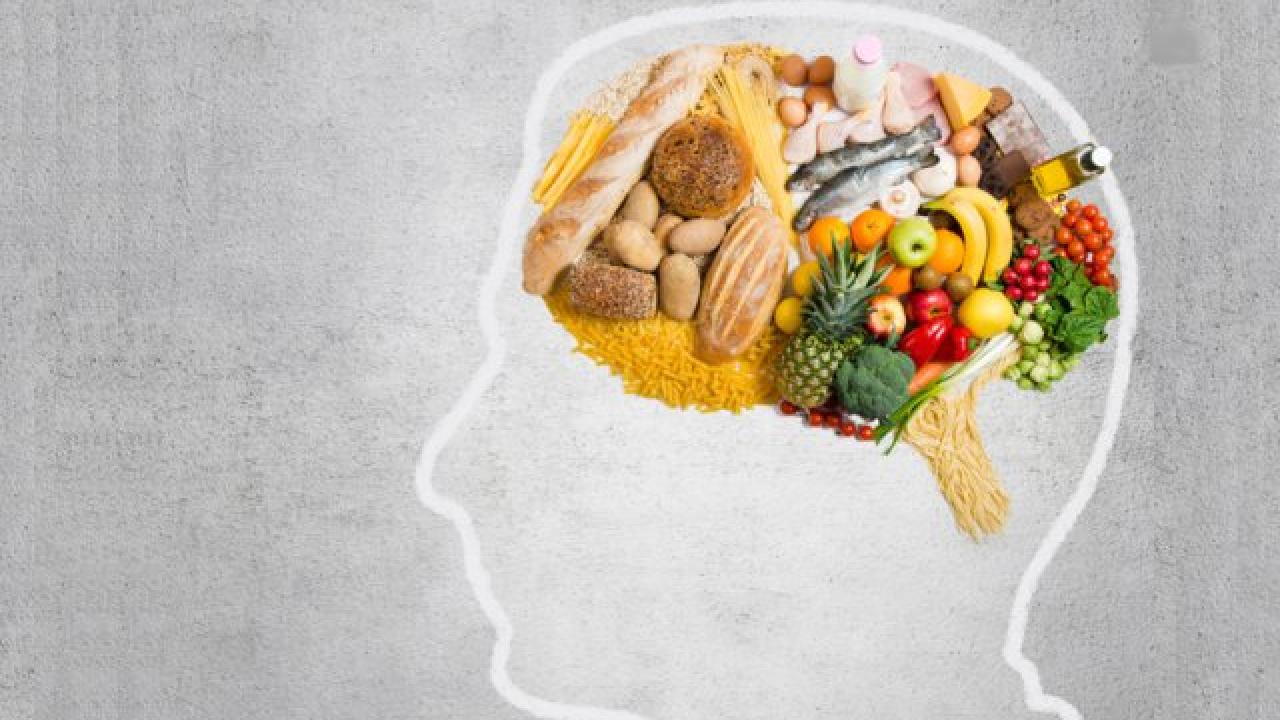
June - Brain Food!
June – Brain Food
Alzheimer’s Disease refers to a specific disease where neurons in the brain stop functioning properly, lose connections with other neurons, and die. With this progressive and irreversible degeneration, Alzheimer’s can cause dementia and eventually more severe symptoms. This disease tends to be more common among older adults, but it is not a normal part of aging!
Because the causes of Alzheimer’s include not only genetic factors but a combination of environmental and lifestyle factors, there are a few things we can do to reduce our risks of developing Alzheimer’s in the future.
Brain Food
With heart disease, high blood pressure, diabetes, and obesity being risk factors for Alzheimer’s, we turn our focus toward diet and physical activity.
The DASH (Dietary Approaches to Stop Hypertension) Diet and the Mediterranean Diet have been found to reduce cardiovascular disease risk, lower blood pressure, and reduce Type 2 diabetes risk. Combining elements from both diets, the MIND (Mediterranean-DASH Intervention for Neurodegenerative Delay) Diet has also been associated with improving brain health, slowing cognitive decline, and reducing Alzheimer’s risk.
While limiting inflammatory foods high in saturated fat, sodium, and added sugar (like red meats, cheese, butter, margarine, sweets, and fried foods), the MIND Diet emphasizes:
- Whole Grains (3+ Servings/Week)
- Fish (1+ Servings/Week)
- Poultry (2+ Servings/Week)
- Beans (3+ Servings/Week)
- Nuts (5+ Servings/Week)
- Leafy Green Vegetables (6+ Servings/Week)
- Other Vegetables (1+ Servings/Week)
- Berries (2+ Servings/Week)
- Olive Oil (As main cooking oil)
- And Limited Wine Consumption (1 drink/day at most)
Exercising the Body and Mind
Of course, diet alone is not enough!
Physical activity plays a role as well. By increasing blood flow to the brain and promoting neurogenesis, 20 to 30 minutes of sustained aerobic exercise 5 to 6 times a week can reduce Alzheimer’s risk by 45%. Remember that “exercise” not only includes brisk walking, running, swimming, biking, dancing, or playing a sport. It also includes gardening, cleaning, cooking, and many other household activities.
Just like the body, the brain needs a workout, too. Cognitive training includes various activities designed to enhance mental skills. Currently, it is unclear if cognitive training can prevent Alzheimer’s in the long term, but it has certainly shown promising short-term benefits for memory and speed of processing. Nonetheless, cognitive training activities can be fun and provide the mind with some refreshing stimulation!
More Resources for You
- Alzheimer’s Association – Learn more about Alzheimer’s symptoms, progression, diagnosis, and treatment, and get connected with local resources.
- Lumosity – Try out some cognitive training activities for free and track your results and improvement!
Seasonal Foods and Recipes
Some inspiration just for you!
Want to check out what’s in season? These resources can tell you exactly what fruits and vegetables are available where you live, at what time of year, and what recipes they work perfectly in!
https://www.seasonalfoodguide.org
https://foodgeeks.com/seasonal?state_id=5
- Looking for something light and nutritious? This Kale Salad with Quinoa and Cranberries can help you get you leafy greens, whole grains, nuts, and berries in!
- Packed with fish, beans, and vegetables, this Sea Bass with Cannellini Bean Stew is another delicious, MIND-friendly recipe.
- The perfect MIND-friendly summer fish dish: Pan-Seared Halibut with Lemony Zucchini Noodles.
- If you’ve got a busy day ahead, whip out the Instant Pot and give this Thai-Style Chicken and Brown Rice a shot.
- Cool down with this 3-Ingredient Honey Berry Sorbet! Sweet, tart, and colorful—it’s a must try!
Sources:
1 https://www.alz.org/alzheimers-dementia/difference-between-dementia-and-alzheimer-s
2 https://www.nia.nih.gov/health/alzheimers-disease-fact-sheet#changes
4 https://www.nia.nih.gov/health/what-do-we-know-about-diet-and-prevention-alzheimers-disease
5 https://www.ncbi.nlm.nih.gov/pmc/articles/PMC7113559/
6 https://www.alzheimers.org.uk/about-dementia/risk-factors-and-prevention/physical-exercise
7 https://alzheimersprevention.org/4-pillars-of-prevention/exercise-and-brain-aerobics/
8 https://www.nia.nih.gov/health/preventing-alzheimers-disease-what-do-we-know